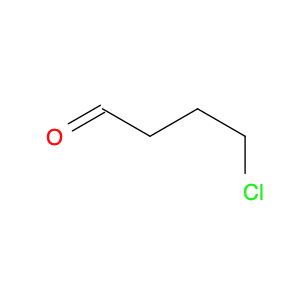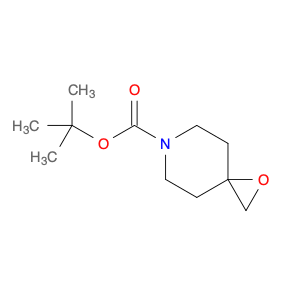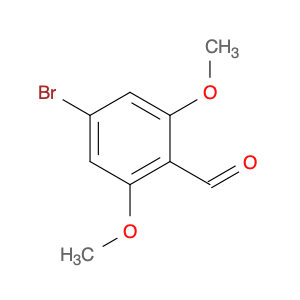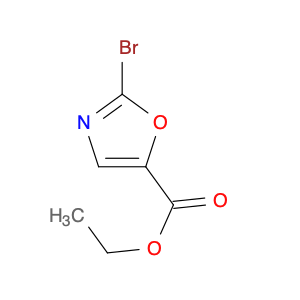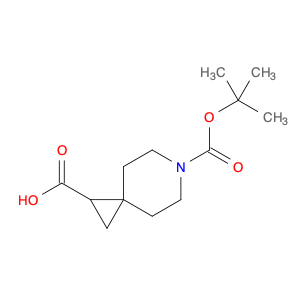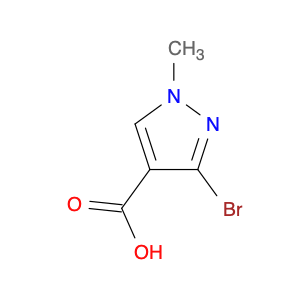4-Chlorobutanal, also known as 4-chloro-butanal or p-chlorobutanal, is a versatile chemical compound widely used in chemical synthesis. Due to its unique structure and reactivity, 4-chlorobutanal serves as a valuable building block in organic chemistry, particularly in the synthesis of various important compounds.One of the key applications of 4-chlorobutanal in chemical synthesis is its utilization as a precursor in the production of pharmaceuticals and agrochemicals. By incorporating 4-chlorobutanal into synthetic pathways, chemists can introduce the chlorine functional group at specific positions in the target molecules, thereby modulating their properties and activities. This enables the creation of novel drug candidates, pesticides, and other biologically active substances with enhanced efficacy and selectivity.Furthermore, 4-chlorobutanal can be employed in the synthesis of fine chemicals and specialty materials. Through various synthetic transformations, such as nucleophilic addition, oxidation, and reduction reactions, chemists can derivatize 4-chlorobutanal to access a wide range of structurally diverse compounds. These derivatives can find applications in organic synthesis, material science, and other fields where precise control over chemical structures is crucial.In summary, 4-chlorobutanal plays a crucial role in chemical synthesis as a versatile reagent for the construction of complex molecules with diverse functionalities. Its unique reactivity and compatibility with various synthetic methods make it a valuable tool for researchers and industry professionals working in medicinal chemistry, agrochemical development, and related fields.
 sales@aaronchem.com
sales@aaronchem.com
